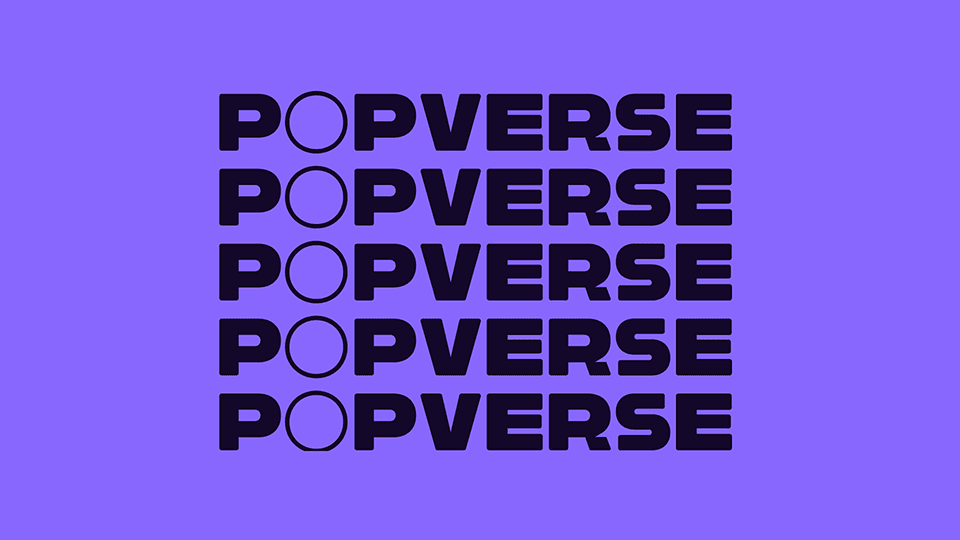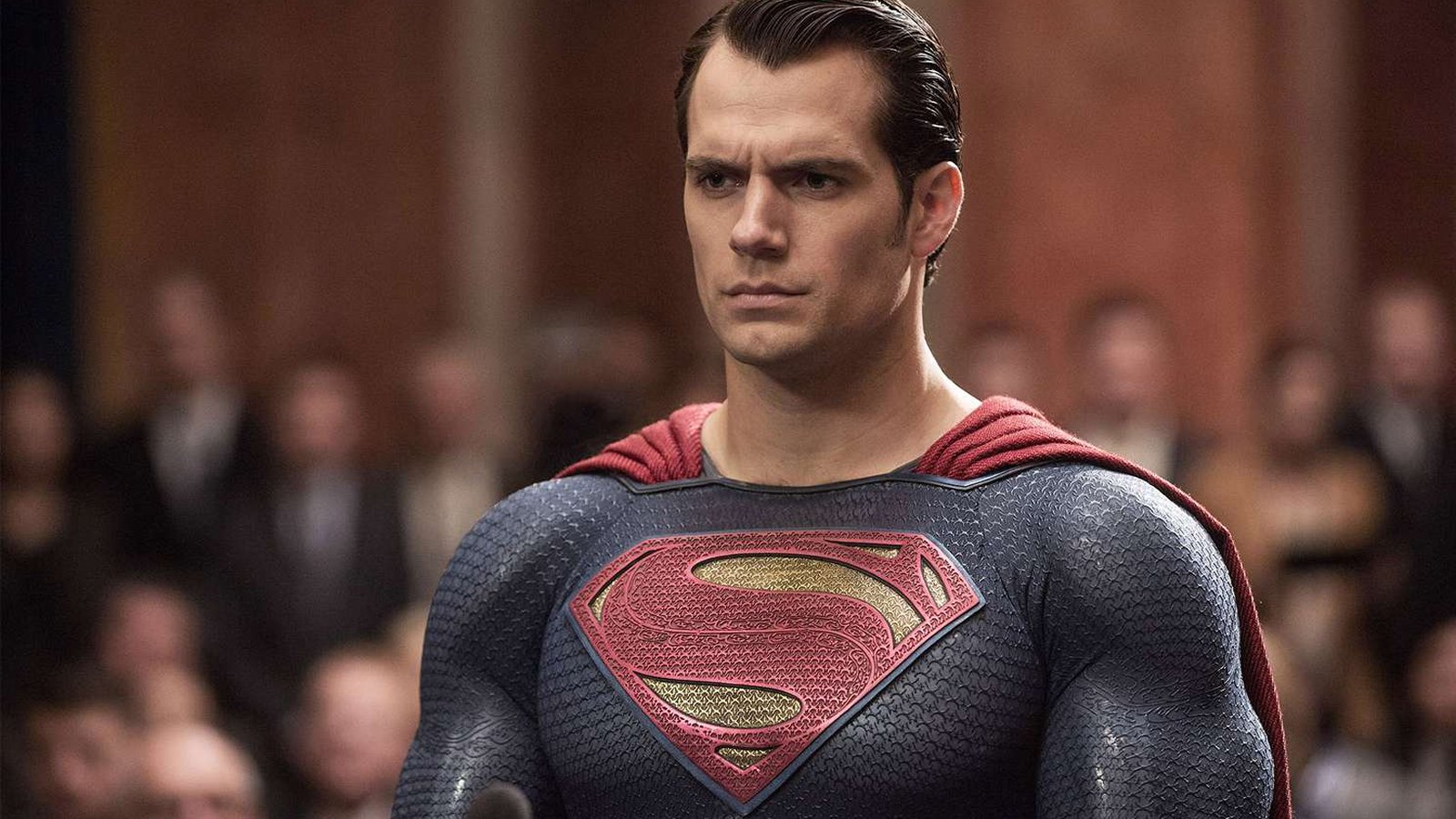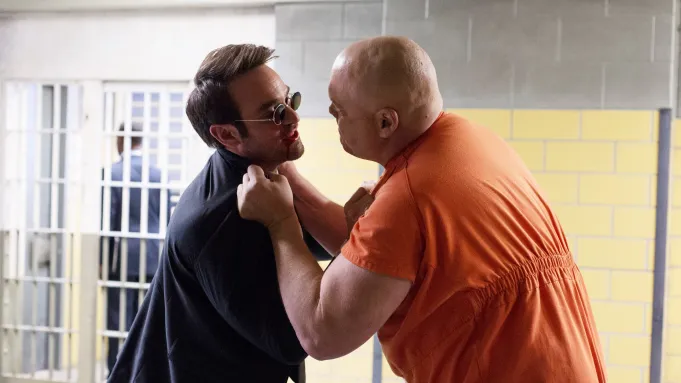If you click on a link and make a purchase we may receive a small commission. Read our editorial policy.
Marvel's Ultimate Universe revival isn't the fresh start it wants to be
How can a nostalgic revival of a 20+ year old imprint be a fresh start, anyway?

It’s official: Marvel’s upcoming miniseries Ultimate Invasion is only the beginning, with the company unveiling plans to bring the Ultimate Universe — and the Ultimate imprint — back as an ongoing concern, starting with November’s Ultimate Universe #1 by Jonathan Hickman and Stefano Caselli. According to the Marvel PR, it will be a “fresh start for a new generation” that features “an array of brand-new hard-hitting series” — but as things currently stand, the question is: is there any reason outside of nostalgia for anyone to actually want this?
So what was the original Ultimate imprint about?
As originally conceived, the Ultimate imprint was the answer to a very specific problem: how do you make audiences interested in the Marvel icons again? Debuting in 2000 with Ultimate Spider-Man #1, the imprint came about at a time when Marvel needed to address that problem: the company was bankrupt, sales were falling, and thanks to a series of unpopular storylines and the bust of the 1990s sales bubble, it looked as if fans had lost interest in the Crown Jewels of Marvel’s intellectual property. Something drastic had to be done, and in the combination of Joe Quesada and Bill Jemas — two relatively newcomers to their respective executive positions — the company had leadership that was willing to do the, if not unthinkable, then at least unwise by accepted wisdom at the time.
For a lot of people, the Ultimate imprint was filled with risky choices. The very idea of rebooting characters like Spider-Man and the X-Men, and ignoring years of continuity in the process, was deemed by some to be a risk, never mind giving the characters to relative newcomer writers with no history at Marvel in what was easily their most high-profile jobs to date. Even the cover design for the titles — eschewing the traditional story-led action covers for a design-heavy poster aesthetic — garnered controversy amongst some for being different from the norm.
For years after its introduction, Marvel held the line by purposefully keeping the Ultimate line small, and by refusing to do a crossover with the mainstream Marvel Universe, no matter how much fans asked for it. Each decision made to differentiate the Ultimate line from regular Marvel comics (and there were plenty of them) seemed to attract attention for standing out, which was surely the aim in the first place. It made the Ultimate imprint seem more special, more rarified, because it very purposefully was not Marvel Comics As Usual.
Less new, less different
By contrast, the relationship between the revived Ultimate Universe and any concept of "new" or "different" might be best personified by its architect, Jonathan Hickman.
By this point in his career, in contrast to the then-relatively-unknown Brian Michael Bendis or Mark Millar, Hickman is a writer who has already had best-selling runs on both the Fantastic Four and Avengers franchises, as well as having headed up a relaunch of the entire X-Men line in 2019, as well as a linewide Marvel event four years earlier than that. He’d also, notably, worked on the previous incarnation of the Ultimate Universe, headlining a relaunch of that line a decade ago. So much for a “fresh start for a new generation."
Again, in contrast to the original Ultimate U and its purposeful segregation from the core continuity, the new Ultimate Universe is launching via a crossover with the mainstream Marvel Universe, with Ultimate Invasion — a title drawn by Bryan Hitch, who arguably made his reputation drawing The Ultimates, the definitive series of the original Ultimate imprint, two decades earlier, for those who want more of a nostalgic moment. Hitch also draws the cover to Ultimate Universe #1, which features Captain America, Iron Man, and Thor, each looking… exactly like they did 20 years ago in the pre-existing Ultimate continuity.
It almost feels as if this go-around for the Ultimate imprint is the polar opposite of the original, which might very well be the point.
Why Ultimate?
Certainly, there’s an argument to be made that the circumstances of the creation of Ultimate Universe 2.0 are so very different that it doesn’t need to fulfill the same purpose anymore, both from the point of view of Marvel’s overall fiscal health — being part of the Walt Disney Company really helps with such things — and the fact that the Marvel Cinematic Universe has fulfilled the aim of getting audiences interested in Marvel’s intellectual property in a far more successful fashion than the Ultimate line could ever have dreamt of. (That the MCU is inspired by the Ultimate line in multiple ways is no coincidence, of course.) Freed of the pressure from being simultaneously an alternative to, and an introduction to, the Marvel Universe proper, who’s to say what the Ultimate imprint can be moving forward?
And yet… there’s something that feels old-fashioned about reviving the Ultimate imprint beyond just the fact that it’s bringing back something that was originated close to a quarter century ago. For comparison, that would be like Marvel not launching the Ultimate line in 2000, but launching a Machine Man revival, instead… which, to be fair, they’d just done a year prior.
How many fans are out there that have been asking to read alternate takes on the Marvel characters in the traditional monthly comics format? That’s a question that seems especially worth asking, given the existence of things like DC’s Black Label imprint, which offers the same concept — “the characters that you know, but not” — but in a way that feels more interesting, and creatively daring: unencumbered of any kind of shared continuity, and in physical formats that differ from the traditional monthly comic.
What don't we know?
There’s a nagging feeling that there might be something we’re not being told about the Ultimate Universe revival — some hidden secret that will turn everything on its head. Otherwise, this revival feels as if any mention of it being a fresh start, or aimed at new generations, feels curiously flawed, if not outright misleading… and, as such, doomed to failure even before the comic has even hit stands for all but a silent minority who’ve missed the Ultimate Universe since it vanished back in 2016.
Ultimate Invasion #1 is released June 21. Ultimate Universe #1 will be released in November.
Want to know more about Ultimate Invasion? We're here for you.
Follow Popverse for upcoming event coverage and news
Find out how we conduct our review by reading our review policy
Let Popverse be your tour guide through the wilderness of pop culture
Sign in and let us help you find your new favorite thing.
















Comments
Want to join the discussion? Please activate your account first.
Visit Reedpop ID if you need to resend the confirmation email.